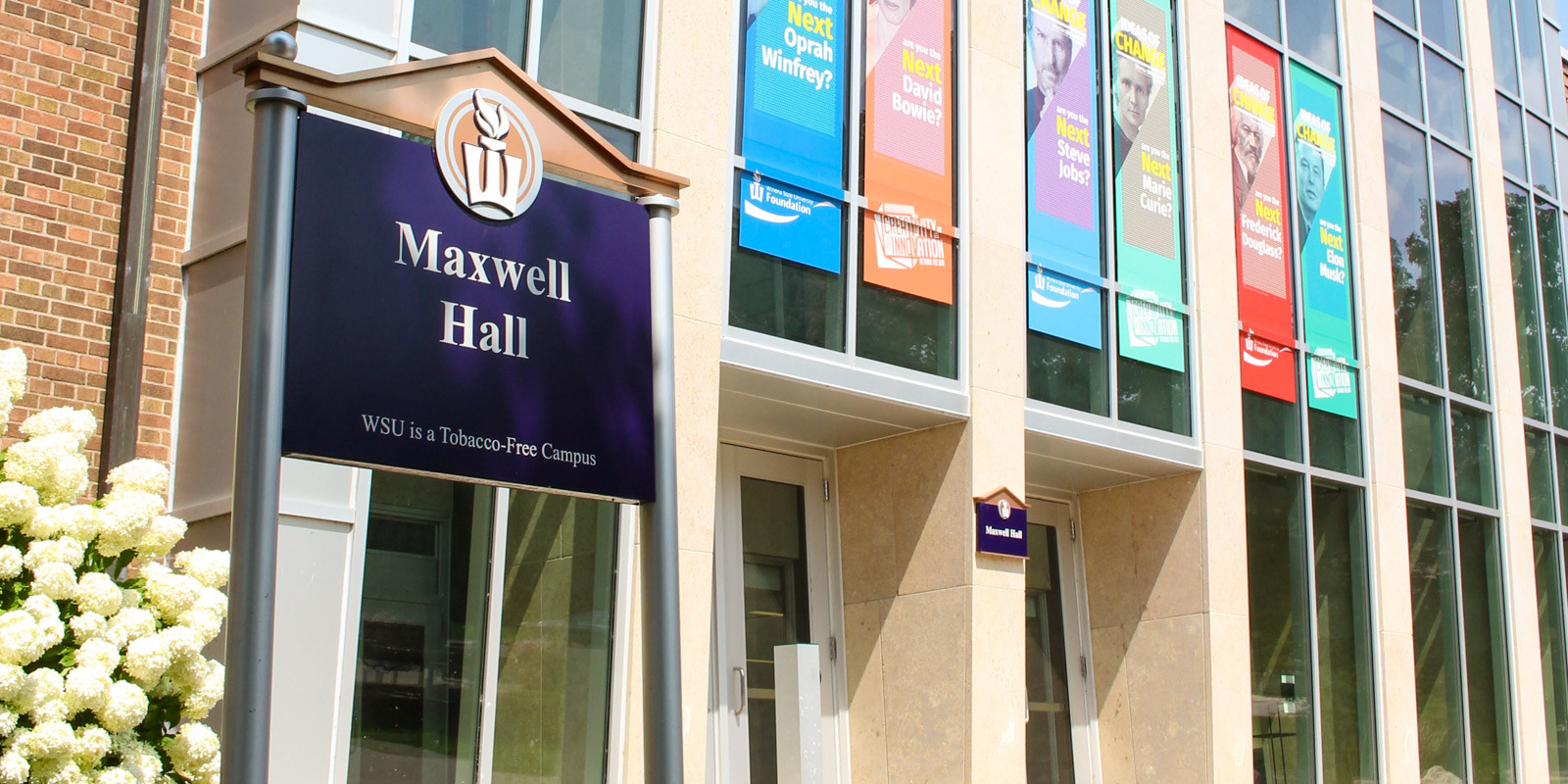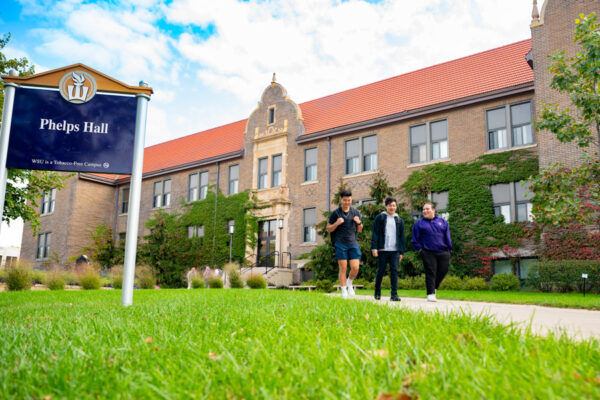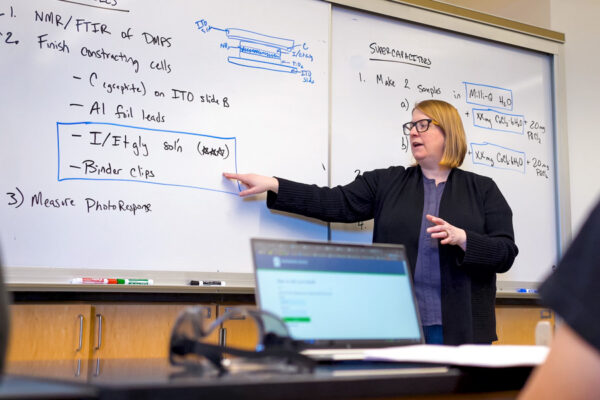
Access Services
Through Access Services, students with disabilities can get academic accommodations so that they have equal access and opportunity to succeed in their degree programs.
Access Services serves students by providing academic accommodations for students who present qualifying documentation.
Any enrolled WSU student with a permanent documented disability can use the accommodations provided by Access Services. It doesn’t matter if you are taking classes on the Winona campus, Rochester campus, or online– we can help meet your academic needs.
Students with a temporary condition such as hospitalization, broken leg, or extended illness may find the Temporary Condition Checklist (PDF) helpful as they navigate their academic success during these situations.
Access Services also offers support resources for faculty as they provide accommodations for students.
These activities include the ability to write, learn, read, think, memorize, hear, see, talk, or walk.
While some disabilities are apparent or “visible”, most of the students who receive services from Access Services have hidden or “invisible” disabilities.

Some examples of disabilities include learning disabilities, ADHD, depression, anxiety, loss of mobility, hearing loss, and low vision.
Documentation for Disabilities
A disability must be properly documented to qualify academic accommodations. If you think you have a disability, it’s important to get officially assessed and diagnosed by a healthcare professional.
These local resources (PDF) may be helpful in being diagnosed with a learning disability or ADHD.

For an accommodation to be considered reasonable, it must not:
- It must not compromise essential requirements of a course or program
- It must not cause an undue administrative or financial hardship
- It must not compromise safety to you or others
- It must not fundamentally alter a course or program
Common academic accommodations include:
- Exam modifications like extended time on exams, low-distraction test locations, and exams in auditory format
- Texts in alternate format
- Sign language interpreters
- Note-taking technology
- Accessible classrooms and labs
- Disability advising
Many of these academic resources are offered at no charge to qualified students.
Download the Accommodations for Students with Disabilities brochure (PDF).
Your right to an education without limitation or discrimination due to a disability is protected by law in Section 504 of the Rehabilitation Act of 1973. You also have certain responsibilities to communicate and participate with WSU to abide by this law.
Download the Rights & Responsibilities of Students with Disabilities brochure (PDF).
Looking for support with a disability? Not sure what to do next?
Reach out to Access Services, and we’ll help you figure out how to be successful at WSU.